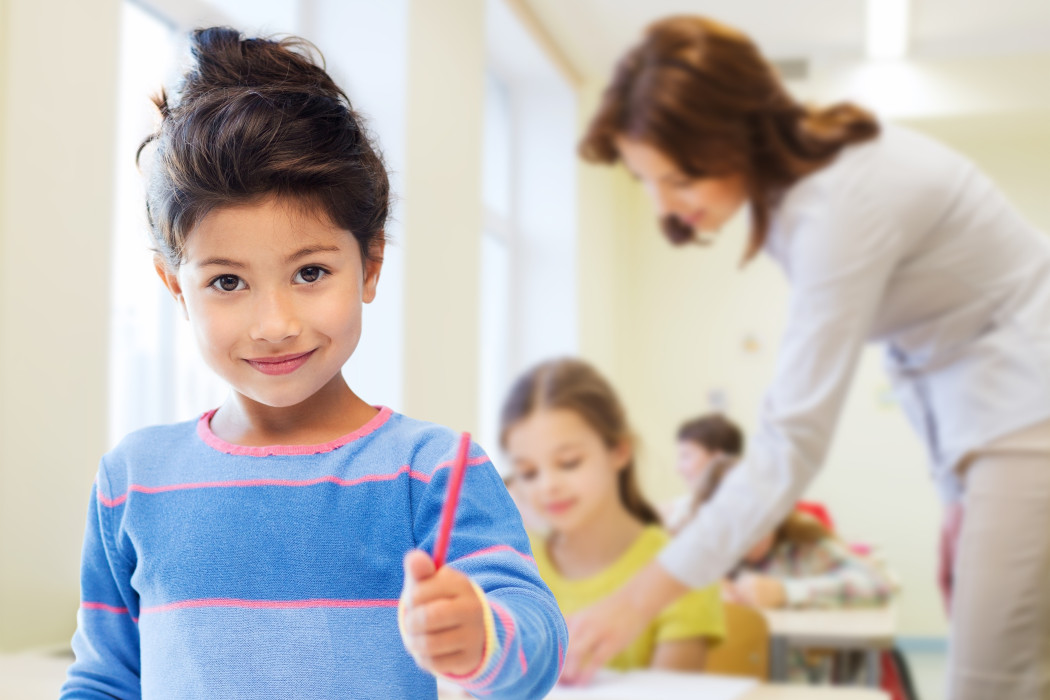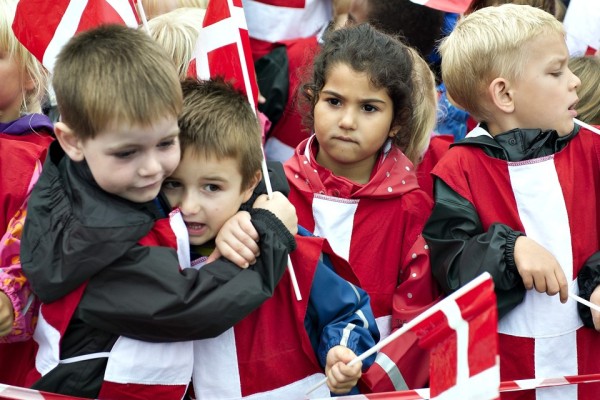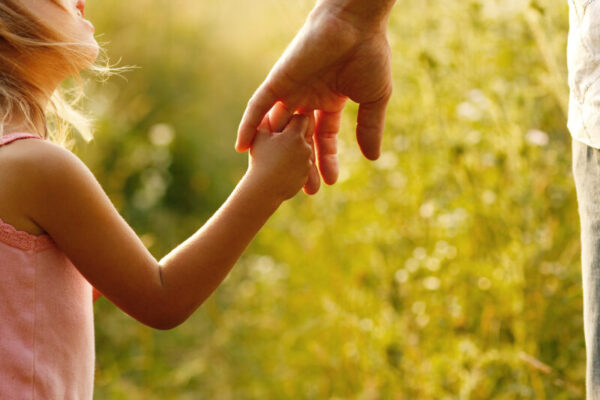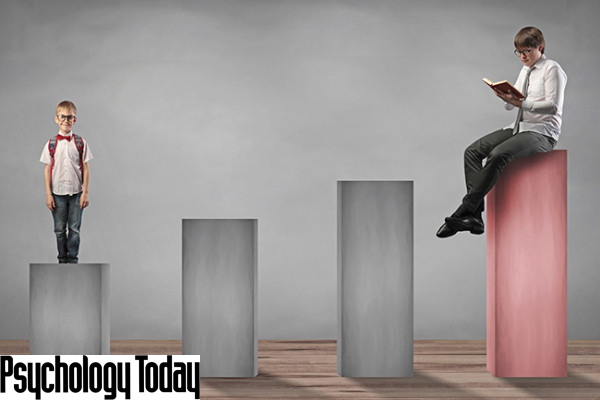If we don’t start to acknowledge the necessity of human connectedness our children will lose sight of the importance of meaningful relationships, and the positive impact they have on a person’s life. These relationships increase longevity, and help to improve overall health.
More than just Academia
Children attend school in preparation for the future that is in store for them. This is not only in an academic sense, but also socially, emotionally and physically. They learn to collaborate, socialize, concentrate, negotiate, comply to rules, listen, speak up and practice their knowledge. As you can see, this is a well-rounded skillset that is necessary for functioning productively in everyday life.
For this reason, it is important to remember that school life is much more than receiving high marks on tests and assignments. School is the environment in which our children learn to coexist amongst others, and where they begin preparing for adulthood. Teachers have such an important job, and I wish they would receive more acknowledgement than they often do. They not only teach children about math, science and religion, but they also teach children to feel good about themselves.
Educational Enlightenment
I spent ten years working with children in a classroom. Having the opportunity to connect with so many amazing individuals was a life changing experience for me, because it showed me firsthand how much there was to understand human differences in all of its nuances. It was in the classroom where I learned what truly mattered in the long run. I witnessed children striving to do their very best, observed how relationships were built and torn apart, how children learn in different ways, and the strong correlation between issues at home and the ability to learn. I saw children flourish and I saw children fade as a result of unhealthy home lives. Through it all, I was there with them. I learned to keep calm when necessary, and I learned how important it is to believe in a child with my entire being, even when they themselves are questioning their own self worth. I learned about life as it is in different families, and I gave my heart to all of the children, because we shared our life with each other day in and day out.
My time as a teacher taught me about life and how important it is that we meet children with a human warmth and sincerity. They need role models who aren’t afraid to be human, while still earning respect, trust and acknowledgement as their teachers. The years I spent in the classroom were ones of true growth for myself, as well as for the children, which is why it breaks my heart to see the societal shift in attitude towards schooling. When I hear about the overarching emphasis on top grades and trophies from teachers and parents, I can’t help but feel unsettled. Increasing stress, anxiety and depression levels is not worth the pressure to succeed purely from an academic standpoint. Have we completely lost sight of what is important?
Building Classroom Unity
In Denmark, a class-teacher is the key person in every child’s school life, creating and coordinating learning opportunities both academically and socially, and therefore it is naturally the class-teacher’s job to support the students emotionally as well. In addition to succeeding academically, if a child is not functioning optimally from a social standpoint they are not getting the most out of the teaching that is available to them. For this reason, “class time” is highly valued across Denmark.
As teachers, we have the opportunity to reflect on our own efforts in order to create an inclusive learning environment where students feel comfortable to join in. In doing so, the community of the classroom is able to grow. The purpose being, that all children feel safe and comfortable discussing any problems going on in their lives, big or small. Perhaps someone feels left out or is involved with some sort of conflict he or she cannot solve alone. As a whole, the class takes into account all aspects and angles and together works toward a solution. This problem solving process aims to promote a child’s engagement in their own mental development by increasing their knowledge about their peers and themselves. As a result, everyone is working towards a mutual understanding and acceptance of those involved. This is something I have seen unfold, and it makes a big difference for each student. Since children spend so much of their time in school, it is worthwhile that we help them get in touch with something deeper within themselves, and not solely focus on academic values.
Connection over Competition
Something I took with me from my teaching experience was how important it is to connect with each child, and to provide them with a place to be acknowledged, seen and listened to.
Education is much more that getting good grades and being the best in the class. My life as a teacher taught me about the vast diversity of our children’s needs. I got to know strong willed and mature, insecure and lonely, happy and carefree, scared and fearful, empathic and kind students. I became more attuned to the similarities and differences of my students, all while learning about myself along the way. Education is about preparing for life to come. It is about learning to cooperate, negotiate, socialize, compromise, evaluate, laugh, play, empathize, try your best, and work alongside others in order to develop and share in experiences.
If we do not remember that our children should also be taught those important life skills in school I am afraid we will see even more stressed, lonely and narcissistic young people in the future.
I wish for a better world for every human, and I truly believe that the root of a more promising future for our children can be found in realigning the priorities of the school classroom.
This article is originally featured in Psychology Today
You can download my booklet for free and learn more about the Danish concept of Class Time (Klassens Tid) on: www.ibensandahl.com





